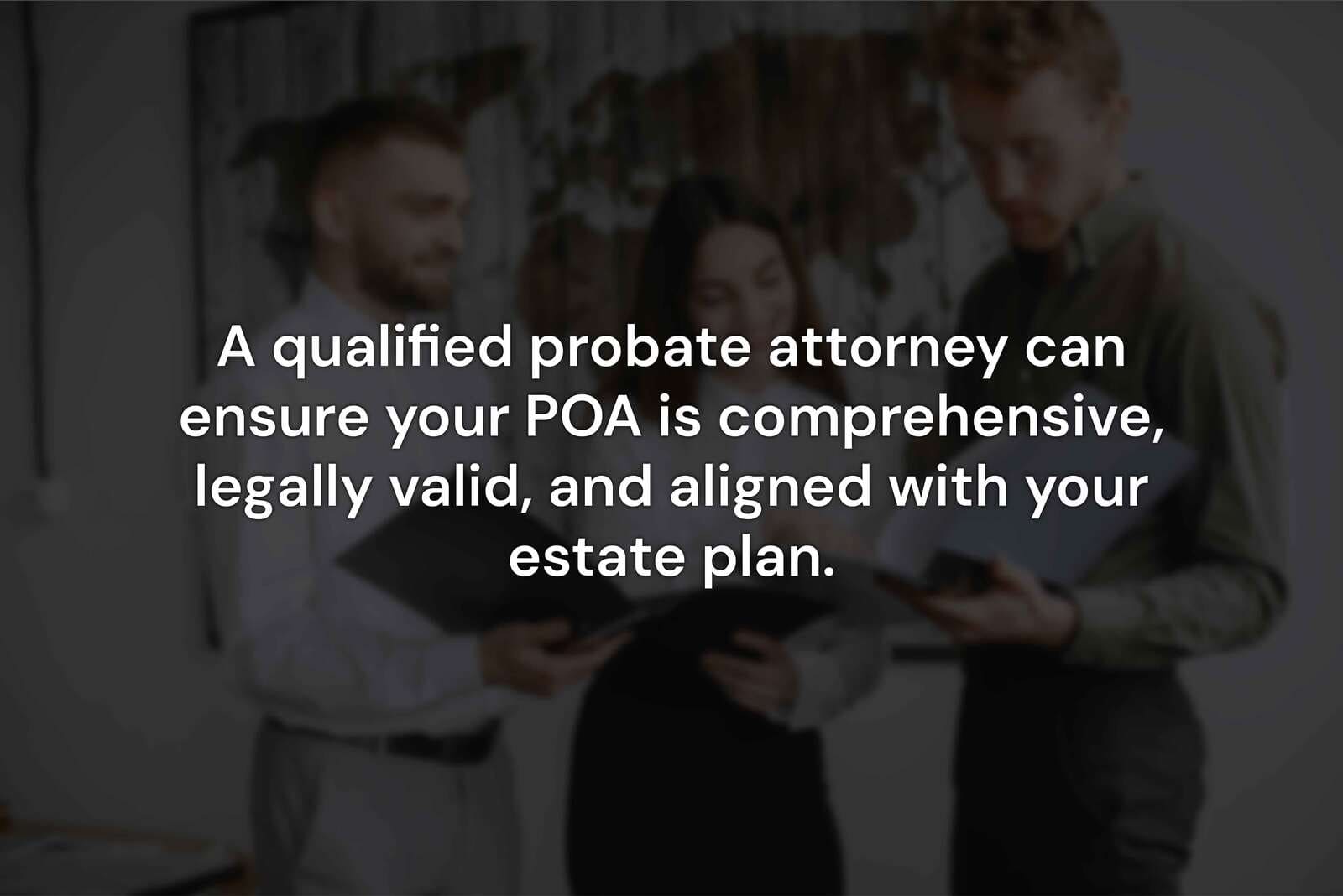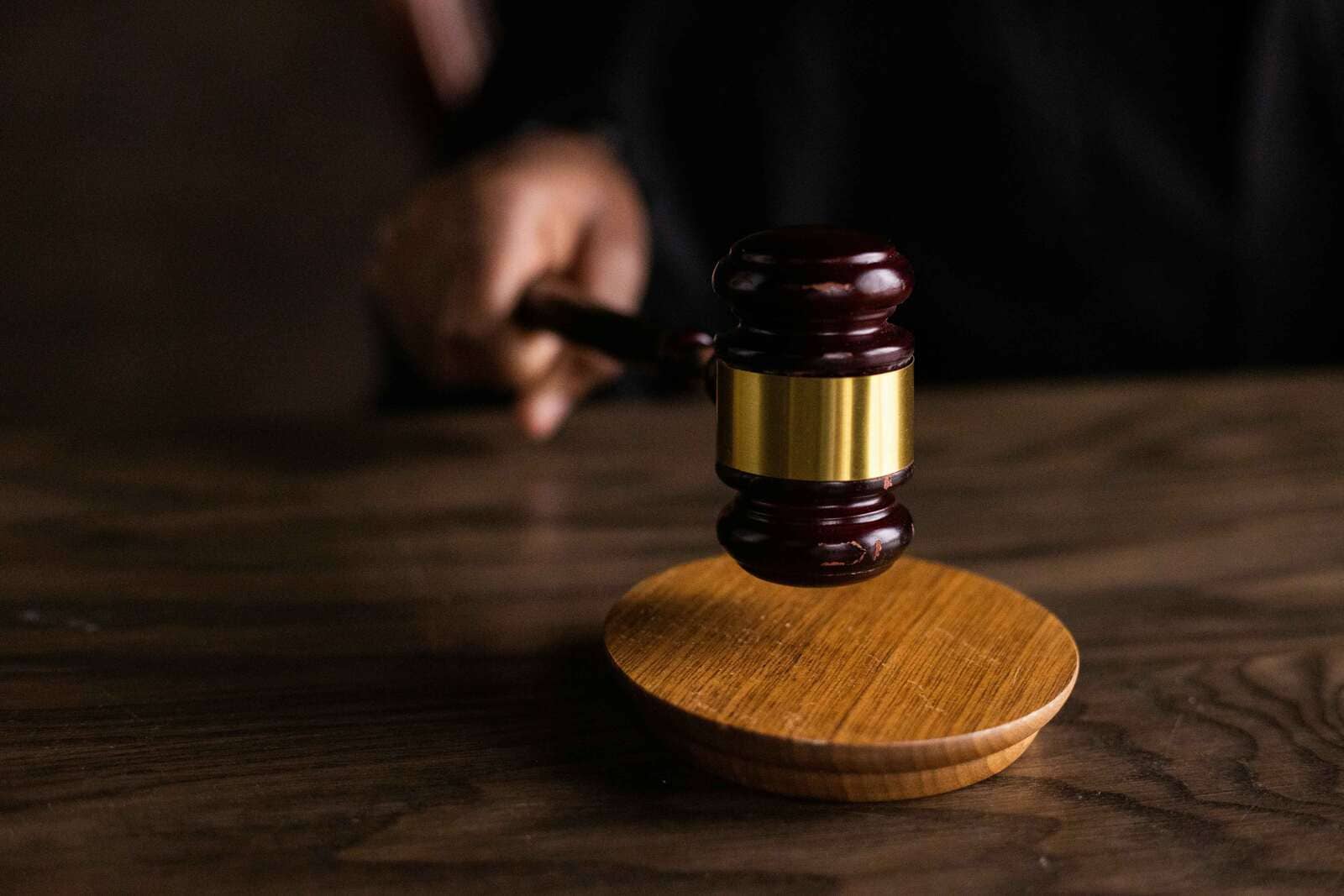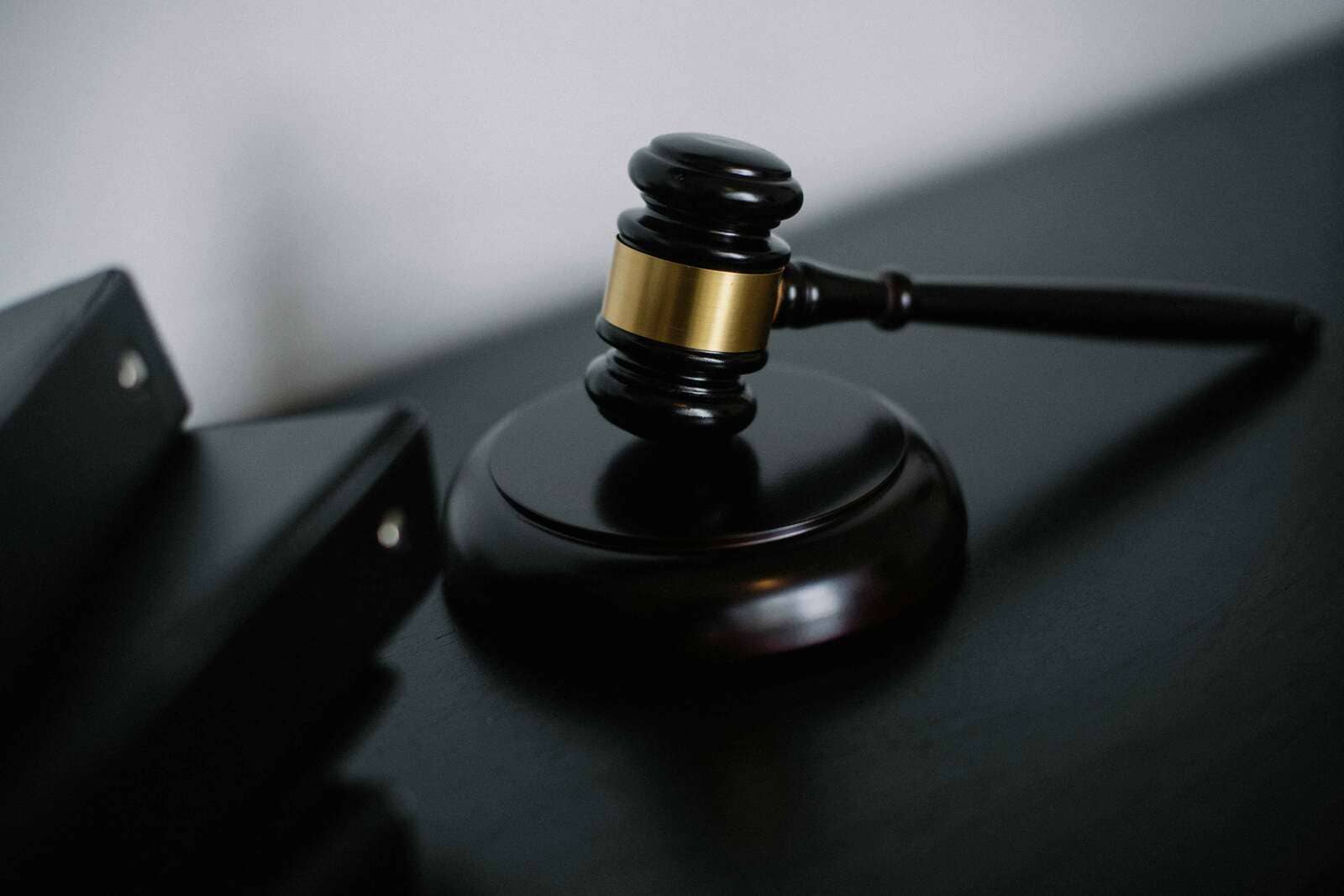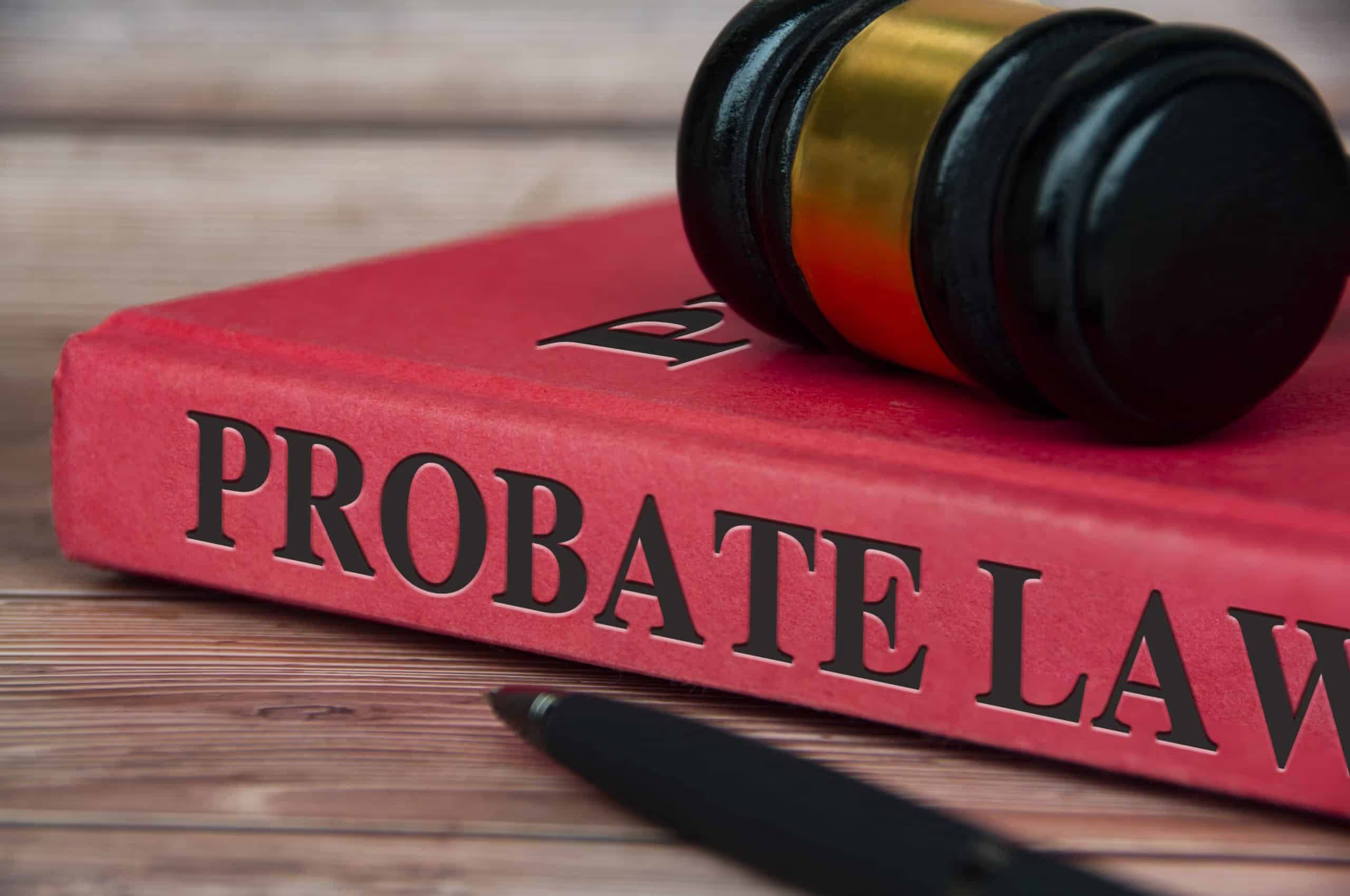A power of attorney (POA) is a legal document that grants one person, known as the agent or attorney-in-fact, the authority to make decisions on behalf of another person, known as the principal. This authority can cover financial, legal, and medical matters depending on the type of POA created.

Purpose of a Power of Attorney
The primary purpose of a POA is to ensure that someone you trust can manage your affairs if you are unavailable or become incapacitated. It acts as a safeguard, allowing decisions to be made without court intervention.

Types of Power of Attorney
Different POAs serve different needs:
- General POA: Grants broad authority to handle various legal and financial matters.
- Durable POA: Remains in effect even if you become incapacitated.
- Limited or Special POA: Restricts authority to specific actions or for a set period.
- Medical POA: Authorizes decisions about your healthcare and medical treatment.
How a POA Works
Once signed and executed according to state law, a POA empowers the agent to act on the principal’s behalf. This could include managing bank accounts, paying bills, signing contracts, or making healthcare decisions, depending on the scope defined in the document.
Key Elements of a Valid POA
To be enforceable, a POA generally must:
- Clearly identify the principal and agent.
- Specify the scope of authority.
- Be signed by the principal in the presence of witnesses or a notary.
- Meet all state-specific legal requirements.
Benefits of Having a POA
A POA offers several advantages:
- Avoids Guardianship Proceedings: No court process is needed to appoint someone to act for you.
- Ensures Continuity: Keeps your affairs in order if you become incapacitated.
- Customizable: You can tailor the powers granted to fit your needs.
Risks and Safeguards
Because a POA grants significant authority, it’s essential to choose a trustworthy agent. You can include safeguards such as requiring regular reporting or appointing co-agents.
Why Legal Guidance is Important
Creating a POA without proper legal advice can result in a document that fails to meet legal standards or omits critical protections. A qualified probate attorney can ensure your POA is comprehensive, legally valid, and aligned with your estate plan.

Expanding Your Estate Planning Knowledge
Will Meaning and Legal Importance
A will outlines how your assets will be distributed after death and can name guardians for minor children, but it does not take effect until you pass away.
How Long Does Probate Take After Death?
Understanding the probate timeline helps set expectations for asset distribution and court involvement.
Can You Avoid Probate?
Using tools like living trusts or beneficiary designations can help transfer assets outside of probate.
What Happens During Probate?
Probate involves validating the will, paying debts, and distributing assets to beneficiaries under court supervision.



























